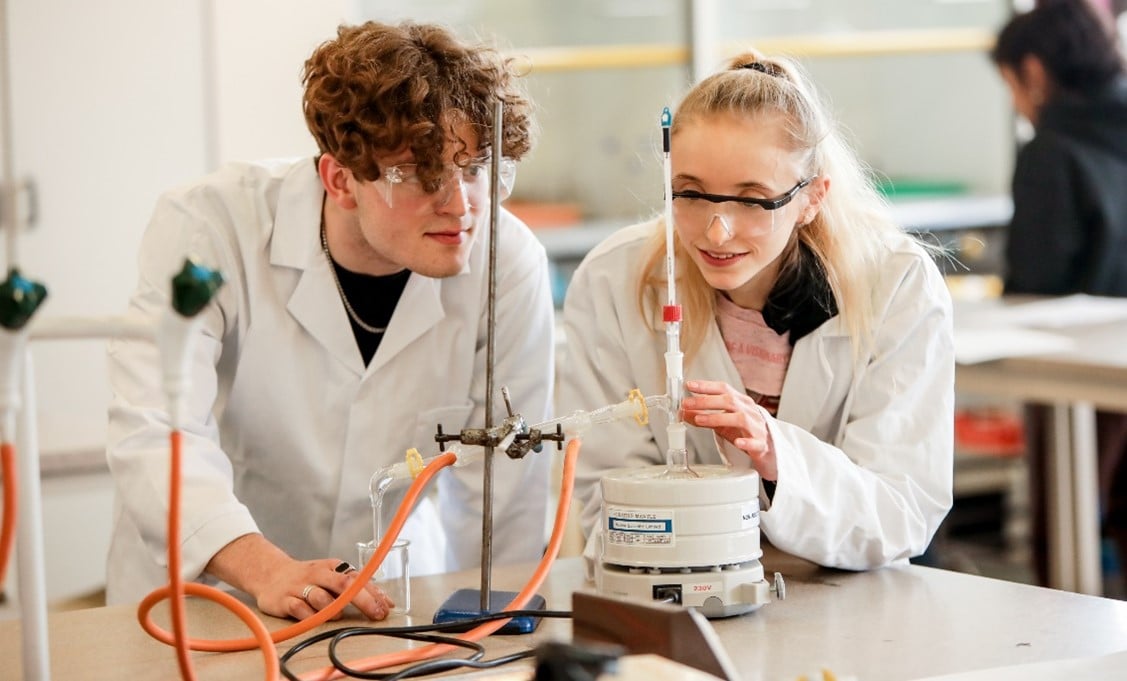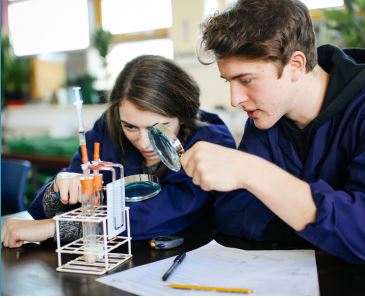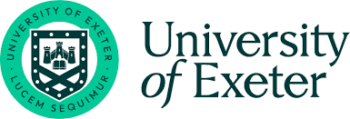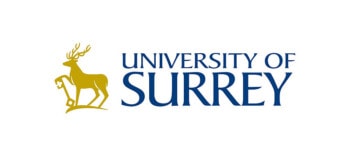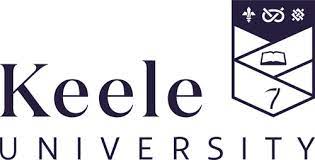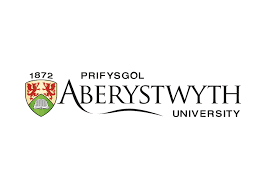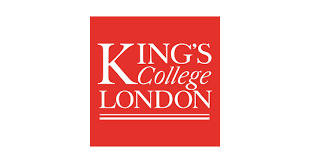Overview
Applied Science Level 3 National Diploma, equivalent to two A Levels.
The Applied Science Diploma is a challenging and vocational qualification for students with an interest in a hands-on approach to science. The course is equivalent to two A Levels and focuses on practical scientific investigation and work-related assignments, rather than a broad range of scientific theory for its own sake.
This course gives you the opportunity to study science beyond GCSE in a way that enables you to succeed and do well, even if you have found it tough going to achieve strong results in exam-based courses at GCSE. This is because it is assessed through coursework and exams assignments rather than entirely through exams.
The advantage of taking a vocational course means you can check your thinking and understanding with your teachers as you go along, rather than being faced with having to learn and memorise a large body of scientific theory and knowledge and then having to apply it under exam conditions to solve problems you will not have seen before.
Entry Requirements
In addition to the College Entry Requirements, to qualify for this course you will also need to achieve a minimum of:
- Grade 4-4 in GCSE Combined Science or Grade 4 in Biology, Grade 4 in GCSE English Language or English Literature. Grade 4 in GCSE Maths.
Course Details
As this course is equivalent to two A Levels, you will have double the number of lessons, coursework and UCAS points to the single vocational course Human Biology.
The diploma approaches a number of scientific ideas across Biology, Chemistry and Physics, in a practical and experimental way. In the first year you will study:
- Unit 1 covers the core scientific concepts including cells, tissues, atomic structure chemical physical properties of substances, waves and their application in communications.
- Unit 2 introduces the students to standard laboratory equipment and techniques, including titration, colorimetry, calorimetry, chromatography, calibration produces and lab safety.
- Unit 3 covers the stages involved and the skills needed in planning a scientific investigation including how to record, interpret, draw scientific conclusion and evaluate. This unit involves a substantial amount of practical work.
- Unit 11 involves studying the basis of life itself by gaining an understanding of the structure of DNA, cell division and the principles of Mendelian genetics and variation. This unit is subject to change.
These ideas underpin the science involved in a wide range of human activities. Learners will undertake a range of practical work relevant to the chemical and life science industries including an introduction to quantitative laboratory techniques, calibration, chromatography, calorimetry, and laboratory safety as well as the stages involved in planning experiments and interpreting data to draw conclusions.
In your second year, you will study:
- Unit 6 allows students to carry out an investigative project that is chosen by the student (in collaboration with the teacher). Students will carry out a literature review, produce a plan, carry out the plan, and write up their findings in a report.
- Unit 4 explores the importance of health and safety in the workplace laboratories, how data is stored and communicated, and how organic liquids and solids are made and tested industrially.
- Unit 5 builds on and extends the range of key science concepts in biology, chemistry and physical that were covered in unit 1.
- Unit 10 covers biological molecules and metabolic pathways involved in chemical reactions to enable organisms to function normally. This unit is subject to change.
Students who take the Applied Science Diploma will also be encouraged to undertake a science-related work experience placement.
Assessment
The Diploma course consists of eight units studied over two years. Three units are external exams which account for 46% of the overall grade. The other five units are coursework based and account for the remaining 52% of the overall grade.
Subject Combinations
The Applied Science Diploma can be combined with a wide variety of other courses. It goes well with A Level courses where there is some science-orientated thinking such as Psychology, Geography and PE.
It fits well in a science programme containing A Levels in Biology and/or Chemistry (subject to the higher entry requirements for these courses). It is particularly helpful alongside Health and Social Care BTEC as a preparation for degrees in nursing and related fields. Similarly it works well alongside a Sport BTEC or PE A Level as a preparation for degrees in sport related fields.
In finalising a programme of courses, consideration should be given to the extent to which courses support each other and to the overall quantity of coursework involved.
University Destinations
Here are some typical university destinations that students who took a vocational course go on to. Click on a destination to see some examples of courses they have taken;

St Mary's University, Twickenham
Typical courses: Business Management and Marketing BA / Sport Rehabilitation BA

University of Portsmouth
Typical courses: Criminology and Forensic Studies / Product Design and Innovation / Environmental Science / Palaeontology / Marine Biology
Careers
Students studying the Applied Science Diploma have progressed to a wide range of university courses including BSc courses in Sports Science, Sports Therapy, Teaching, Paramedics, Nursing, Radiography, and Equine Science, as well as broader based Foundation degrees in Biomedical Science and Animal Behaviour. It is a natural way forward to qualifying and working specifically as a science technician.
As part of an appropriately chosen overall programme of study, this course is also suitable for progression on to higher education in fields not particularly related to science.
FAQs
What facilities do you have?
At Esher, we have science laboratories for all three separate disciplines, where you will complete lots of practical work such as Titrations, Chromatography and DNA profiling using gel electrophoresis.
While for budding astronomers we also have our own observatory.
Should I take the single, Human Biology vocational course, or the double, Applied Science diploma?
Before you decide, you need to think about what career or degree course you want to go into. If you are doing the Applied Science diploma course, this is better suited for a career in science fields or university life. Typically, National Diploma students will go on to do forensics, life sciences, biochemistry, engineering or paramedic sciences.
The Human Biology vocational course is equivalent to one A Level and is for students who don’t necessarily want to go into a science career but realise science is an incredibly useful and flexible subject on any application. Human Biology is well respected for students wanting to go into sports sciences who recognise the value of having a science qualification to keep their options open.
What extra support/enrichment activities are on offer?
In addition to giving you full support with your assignments, we plan a range of visits and invite speakers to give insight into how science is practised in the real world. For those studying the Applied Science Diploma, we will support you in undertaking a science-related work experience placement.
What do our students say about the taking a vocational course?
“BTECs were the perfect choice for me. I chose to do the Applied Science Diploma, and the Business BTEC, because I wanted to do practical subjects without the pressure of exams. I also wanted to keep track of my results (by being continually assessed). My mum was initially a bit hesitant that I should have chosen A Levels instead, but the vocational courses have proved to be way better for me. I really enjoyed the course, and the practical skills and knowledge I gained from both courses have set me up nicely for university. I’m now at the University of Surrey studying Biochemistry, which I am really enjoying.” Freddie.
